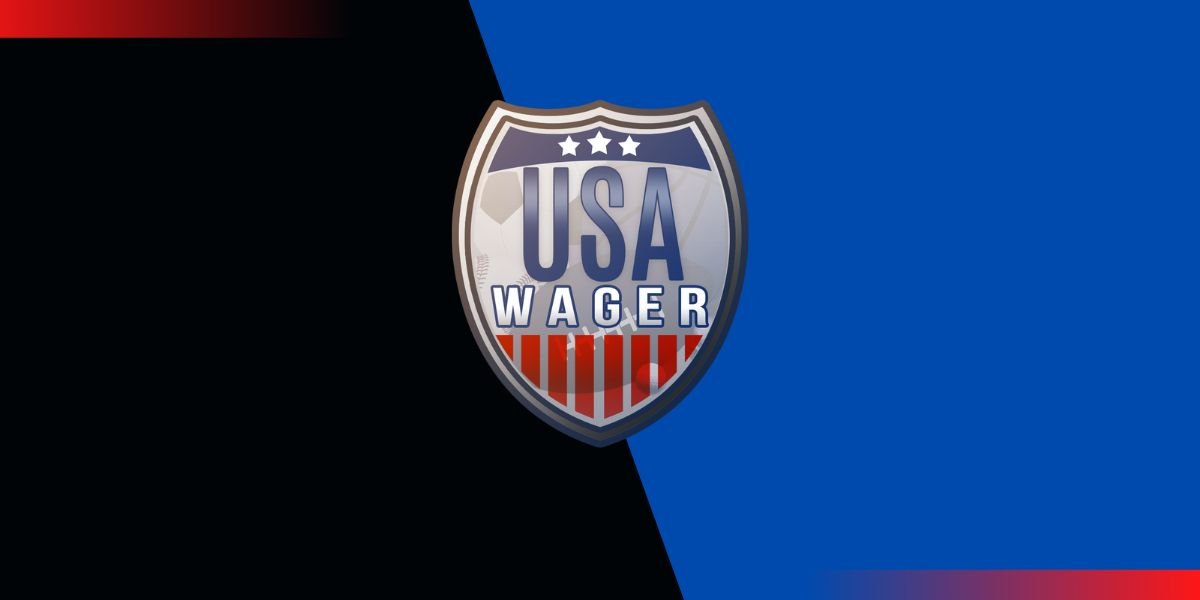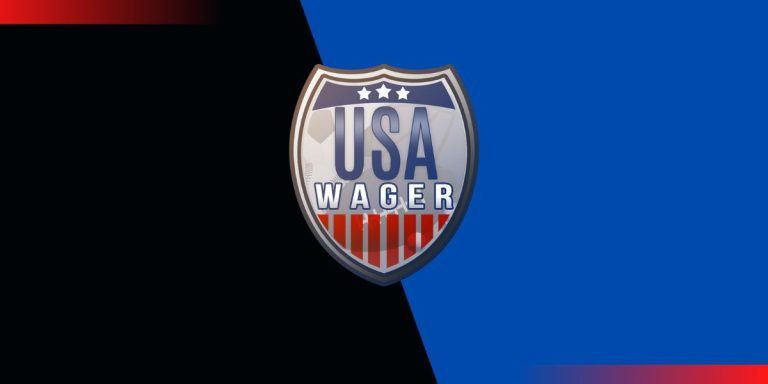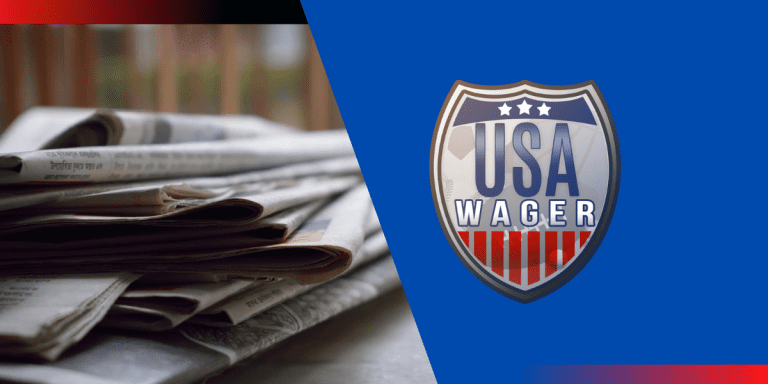Key Contributor in Missouri Sports Betting Pumps the Brakes
A key proponent of a Missouri sports betting bill is questioning whether the proposed tax rate on bets is high enough.
“Is this bill the best bill we can get for the taxpayers of Missouri?” Republican Senator Denny Hoskins from Warrensburg said. “That gives me cause for concern. When we look at surrounding states, 8% would be the second-lowest.”
Hoskins told a Senate panel that the 8% tax rate in House Bill 2502 approved by the state House is too low. The pro-betting Senator has been pushing for Missouri sports gambling for years and is a proponent of video gambling.
The bill sits in the Senate
Missouri sports betting has been a hot topic since the national precedent was overturned by a 2018 court decision; however, disagreements over how to get rid of illegal gambling operations, including slot machines and underground tables at truck stops, restaurants, and bars, forced sports gambling legislation to be moved to the back burner.
Hoskins’ comments come after hearing from owners of professional sports teams in Missouri, who kickstarted the movement to pass legislation by banding together to push for Missouri sports betting.
Several months of deliberation within the Missouri House of Representatives concluded in March with legislators overwhelmingly passing the bipartisan measure. Now, the bill sits in the control of the Senate.
St. Louis Cardinals President Bill DeWitt III has been at the center of the teams’ effort and was happy with the bill recently passing through the House.
“We are very pleased to see the progress with the proposed sports gaming bill in the Missouri House,” DeWitt said.
The current sports betting bill sitting in the Missouri Senate would produce roughly $9 million in tax revenue annually; Hoskins’ plan, which calls for a 21% tax on wagers, would free up an estimated $163 million per year.
Looking into the future
According to the bill currently under review, the state’s 13 casinos and professional sports stadiums would have betting windows for patrons to frequent. Mobile betting apps would also be legalized and free for download within state lines.
DeWitt told members of the Senate Appropriations Committee that he and his alliance hope to persuade Senators to see the value in the current plan.
“We all support a safe and responsible experience,” DeWitt said.
Lobbyist Andy Arnold, representing an Illinois video gambling company, fell on Hoskins’ side of the fence and defended increasing the tax rate. Arnold felt that the proposed rate favored teams and casinos but did not place enough emphasis on building the state.
“We don’t think the tax rate is high enough,” Arnold told the panel.
Steve Chapman, executive president and chief marketing officer for the St. Louis Blues, told Senators that the money brought in from gambling would help keep his smaller-market team competitive against the usual mainstay outfits.
“For us to be able to compete at that level, it is important to us to drive revenues,” Chapman said.
The Kansas City Chiefs and Kansas City Royals are also participating members in the alliance of pro teams attempting to push Missouri sports betting legislation over the finish line. Neighboring states Illinois and Ohio have already legalized sports gambling, and Kansas is currently battling to advance certain measures.



